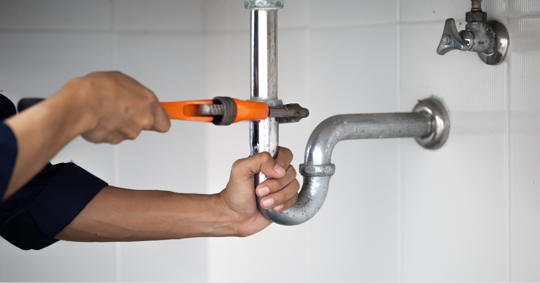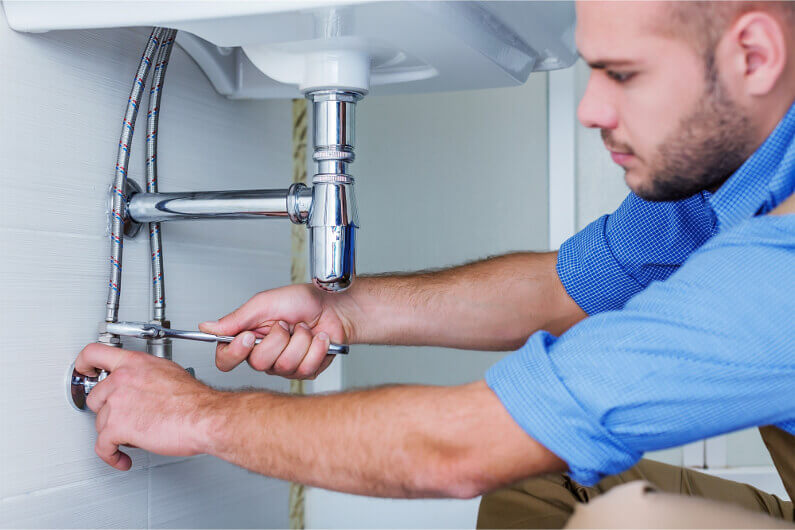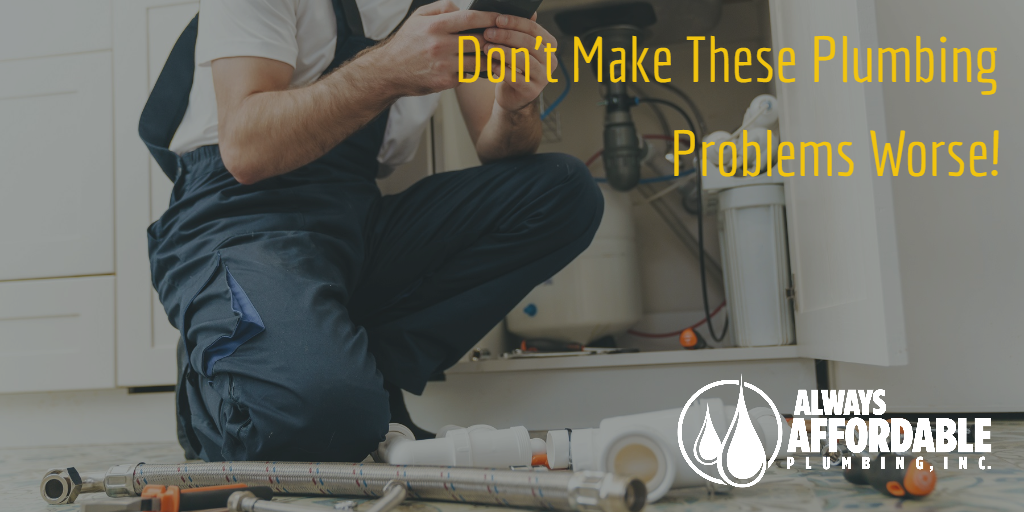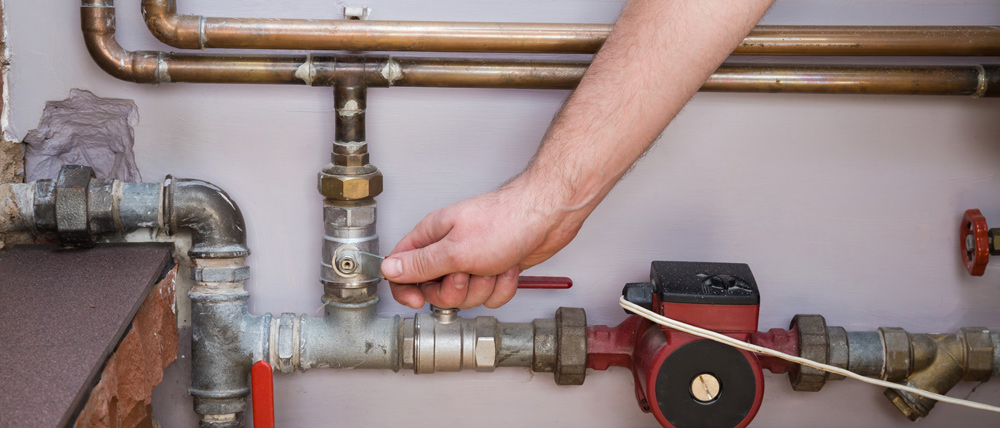All Categories
Featured

[/image][=video]
[/video]
However, it is necessary to identify the constraints of DIY skills and understand when it's time to call an expert. When you require a professional plumbing, trust the specialists at Sierra to do the job right. Sierra's skilled plumbing technicians have the knowledge and experience to handle everything from a basic leaky faucet to significant drain line repair work.
Dripping pipes may be the most usual pipes issue of allor the one we most typically associate with plumbers, at the very least.
There are a number of short-term solutions for dripping pipelines, but eventually, you'll require to call a plumber and have them take care of the concern, specifically if the pipeline is tough to access. Pipe leakage fixings expense $500 on average, but this can depend upon the sort of leakage, the kind of pipeline, and where the pipe is situated.
Pipes can burst for numerous factors, generally relevant to stress. These factors consist of: Extreme changes in temperature level (icy pipelines are an usual precursor to pipeline ruptureds)Stress from prolonging tree rootsExtensive obstructions that create an accumulation of pressure over timeOld age or wear and tear with corrosion or deterioration If a pipeline bursts in your home, shut off the water right away to restrict the damage.
Should I Do My Own Plumbing?
Depending upon the level of the water damages, you'll likely need to work with a water damage restoration service near you to ensure there is no long-term damage to wall surfaces, floors, and ceilings and to stop mold and mildew and mildew development. You'll also need to replace the ruptured pipe before turning your water back on.

6/ 13 Andrii Medvediuk/Getty Images Filtering your water is good for your health, and as Bux aims out, it significantly enhances the preference. "We had clients whose faucet water was gloomy due to sediment in their old pipelines. When we mounted the filters, the distinction in preference and quality was all the time." If you mount a reverse osmosis (RO) filter system, Rudin suggests inspecting it routinely.
This is often because among the RO system lines has burst or simply befalled of the housing that keeps it sealed. Inspecting on these lines consistently will assist to alleviate the possibilities of this occurring." 7/ 13 Family members Handyman The hot water heater is a lonesome slave that seldom gets the attention it deserves.
You may hear standing out audios, suggesting a hefty debris layer on the bottom. Its job is to bring in ions that would certainly rust the metal cellular lining of the storage tank if it weren't there, and it naturally puts on out.
Should I Hire A Plumber?
If you take place holiday, shut off the primary water valve. That method, if a pipe bursts, it will not cause a flooding.
If your neighbors have water and you don't, you'll desire a plumbing professional to quickly locate and fix the problem. If your water company hasn't transformed off the water for repairs, there are several possible issues that might lead to no water flowing inside your home consisting of an underground water main break, extreme clog, or a damaged pipeline somewhere in your plumbing system.

The system may call for maintenance, or maybe time for a replacement. Repair services to warm water heaters should be done by licensed plumbing professionals. They have the training and experience to function with both water and gas line links and can safely make repair work or set up a new hot water heater if essential.
Numerous pipelines lie inside wall surfaces, ceilings and floors, which makes finding and repairing a burst pipeline challenging for DIYers. As soon as you discover a ruptured pipe, turn off the water pipe and call a plumbing technician. A licensed plumber will have the right tools and training to situate a ruptured pipeline and make long lasting repair services.
A burst pipeline can cause comprehensive water damage so it's crucial to thaw pipelines gradually and carefully. Low water stress in one component, such as a faucet, may be a blocked aerator.
Is Diy Plumbing Safe?

A professionally trained professional can make use of a camera probe to look deep inside pipelines and drains to find obstructions and blockages. Tree roots attacking below ground sewer pipes are a common root cause of blockages. This scenario needs specialist services to effectively solve. If you have an overruning toilet, initially shut off the water valve.
Latest Posts
Pipe Repair
Roofing Repair local to
Local Roofer